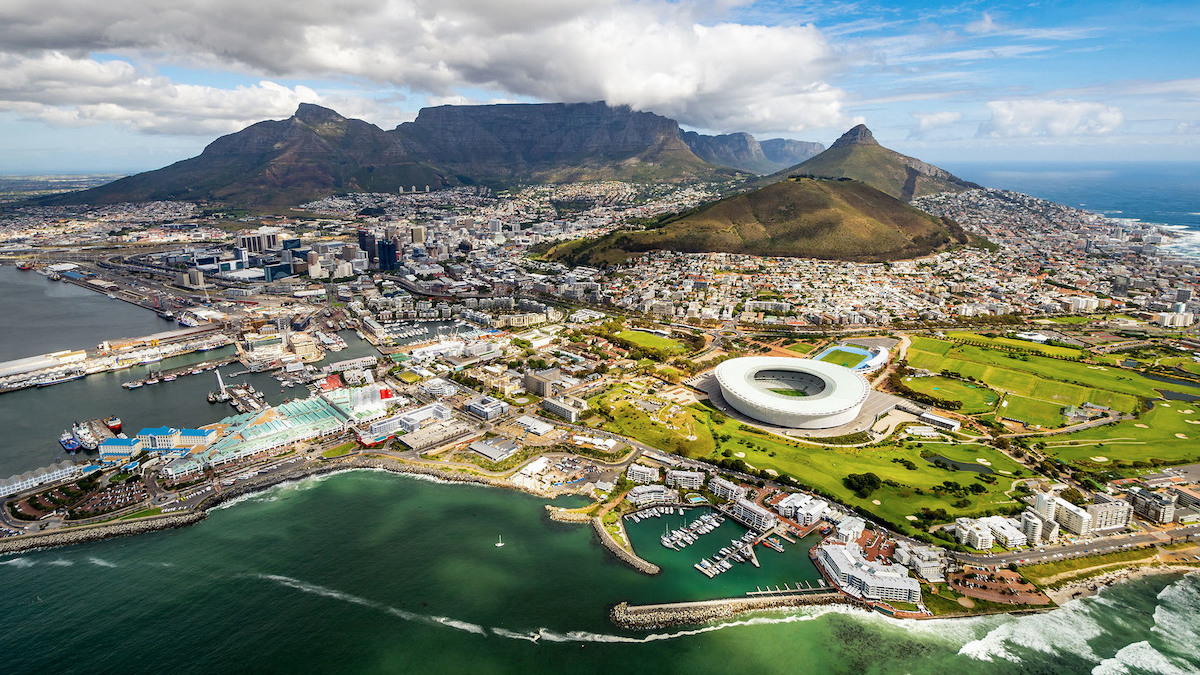By Alec Hogg
In a society where discipline recedes, narrative is given greater credence than facts. It’s one of the reasons why mass media, and those who rely on it, is so often blindsided by events. But when one ignores the noise and pays greater attention to data, such consequences are easier to predict.
That’s one of the reasons why anything arriving from the IRR’s Centre for Risk Analysis is warmly welcomed. Its latest Macro Review, received yesterday, was no different. It provides the updated vitals for SA’s nine provinces. Including, of course, the latest on a potentially independence-seeking Western Cape.
___STEADY_PAYWALL___There’s a lot about the Democratic Alliance that bemuses me right now. Take its approach to the nation’s richest metro, where the DA telegraphs a belief that the greater Joburg’s disaster, the more likely voters will support DA next time around. A high-risk strategy which has already cost the party vote-magnet Dr Mpho Phalatse.
Even higher risk, though, is its stance on independence for the province it governs. The DA’s argues that it opposes Western Cape independence because it refuses to give up on the rest of SA, and would rather fight for greater devolution of power. But 68% of those entrusting it with running the province now disagree and want a referendum the DA denies them.
The sub-text of the anti-independence argument is that the Western Cape is too small to be self-sufficient. This is comprehensively disproven by the CRA’s latest data. On all the important criteria, an independent Western Cape would at worst be mid-level among what would then be 55 African nations.
Let’s start with scale where the 7.2m post-Capexit population exceeds, for instance, the number of Danes (5.9m), Norwegians (5.5m) and Irish (5m). The Cape would be the 34th most populated nation in its home continent. As with other tables, I’ve listed the African countries that are closest to it.

The updated CRA data also makes the “sustainability” case very well. The Western Cape’s GDP affords it a spot in Africa’s Top 20 – and is a multiple of independent SADC neighbours Botswana, Mozambique and Namibia.

Much more relevant still is GDP per capita. On this measure, an independent Western Cape would be in the continental Top 10 – and comfortably above its former parent.

The final nail in the anti-Capexit coffin in racial demographics. When British colonialists created the Union of South Africa in 1910, just like the slide-rule approach elsewhere in Africa, decisions were made to suit European overlords, not locals. Often vast differences in local cultures were irrelevant in that process.
In race-obsessed South Africa where the ANC has inherited a penchant for social engineering legislation, this really matters. Especially for the Coloured population, which would be an effective majority in an independent Western Cape – but is a tiny minority in the greater South Africa.

Thus far, like the DA, the PA’s Gayton MacKenzie has set himself against Capexit. But not vociferously so. The latest data shows almost 80% of Coloured and Whites want independence. The Freedom Front Plus is already strongly in favour of Capexit and could turn it into a single election issue.
So if the PA were to switch its stance on the matter and electioneer on a Capexit platform, who’s to say both parties would fail to pull that 80% of their natural constituencies? It’s that hot an issue. Doing so would give them the provincial majority. Do the math.
It’s all theoretical for now. But data doesn’t lie. In the past decade, South Africa’s average GDP growth was a tepid 1% a year. Against that, SA’s population growth is 1.6%. That is a recipe for disaster, crocodile jaws which deliver higher unemployment, greater criminality and more social unrest. And force change.
Sterkte
Alec
Read also:
- The DA’s crucial decision as support for Cape Independence gains momentum – Robert King
- Cape Independence – latest poll has 58% in favour, advocates demand ballot in ’24
- Cronje: Voters say DA’s W Cape template shining ever brighter; Great AGOA news


